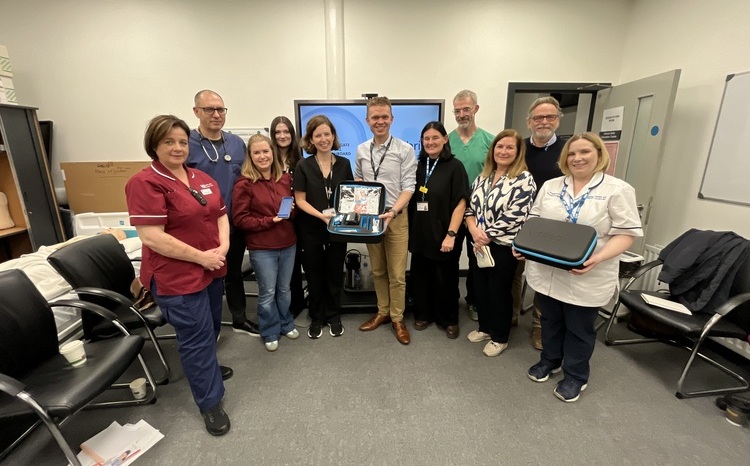Cerner in line for south contract
- 1 June 2005
In the south of England plans have been drawn up since at least March on the basis that there would be a major change occurring in the supplier line-up for NHS National Programme for IT.
These rumours were confirmed today when IDX issued a release to the US market announcing that it had reached an agreement with Fujitsu to terminate their agreement under which IDX and BT would provide a "common solution" for the south of England.
Connecting for Health, the agency responsible for delivering the NPfIT, also confirmed that, subject to contract, it will permit Fujitsu to replace IDX’s Carecast product with Cerner’s Millennium product.
Multiple sources reaching E-Health Insider over the past month or more have made clear that it was widely known that IDX were about to be replaced, resulting in planning and implementation work had ground to a halt.
All of the indications reaching EHI have been that that Cerner is expected to be awarded a new contract to by Fujitsu to deliver a clinical solution for the south of England. Connecting for Health (CfH) has repeatedly declined to confirm whether it is party to any negotiations with the Kansas-based firm. Fujitsu Alliance (FJA), has also offered no comment when asked whether conversations were underway with Cerner.
Asked two weeks ago whether negotiations are underway to replace IDX with Cerner in the South, C4H said: "We are aware of market rumour and speculation but we clearly cannot comment on this." Cerner also declined to comment.
One NHS IT manager told EHI last month: "We’re being told its business as usual, but we’re also being told not to arrange any sessions or implement systems, because things will change." He said that this message had been given to him both by senior Fujitsu staff and his local chief information officer.
"A change is being openly discussed in the NHS and in meetings with Fujitsu people, but there is nothing in writing," said the IT manager.
"Given commercial sensitivity, the engagement process is to be kept as secret as is possible, " said the NHS source. He added that demonstrations of new software are now being arranged without being able to name Cerner, "the engagement process is to be kept as secret as is possible".
Correspondence seen by EHI indicates that an urgent conference call took place on 23 May to inform the six NHS sites now due to be implementers of "new developments" and the impact on their trust "following recent progress".
The high-powered conference call involved Nick Relph, Senior Responsible Owner of CfH in the Southern Cluster; John Willshere, Regional Implementation
Director; Ian Lamb, Managing Director, Fujitsu Alliance and the senior NHS executives from the six sites due to implement systems.
These six sites are understood to be required to implement systems by April 2006. "This is a commitment by FJA, the Cluster and CfH to demonstrate progress in 2005/06," said the NHS source.
EHI understands that the latest projected timetable would be for six wave one sites in the south to go live by 31 March 2006 and ten wave two sites to go live by 30 June next year.
At the Addressing the British Medical Association’s conference, Challenges for Doctors in the Digital Age, NHS IT director-general, Richard Granger, said the choices facing him for dealing with delayed parts of the national programme for IT were to replace contractors or products or give more time.
He pointed out, as comfort for the taxpayer, that the companies involved were bearing the financial costs. “One of the things that is fundamentally different is that we are not paying for their failure. They own the financing and completion risk and, while there’s much squealing, lobbying and mewling, they own the risk.
“On previous occasions when there have been supplier estimating failures the NHS has just paid and paid.”
More cheerfully he pointed to examples of progress. “In the north of England, Accenture and CSC are getting into their stride and are implementing systems,” he said. But significantly he made no mention of the south, where six to nine month delays are on the record, or of London.
Instead he urged the media present to record the programme’s successes. In parts of Lancashire and Tyneside he said there were places where two or three new products were working. He cited the example of a joint health and social care system which now had over 1000 users. There were also new patient administration systems and GP systems going in.




